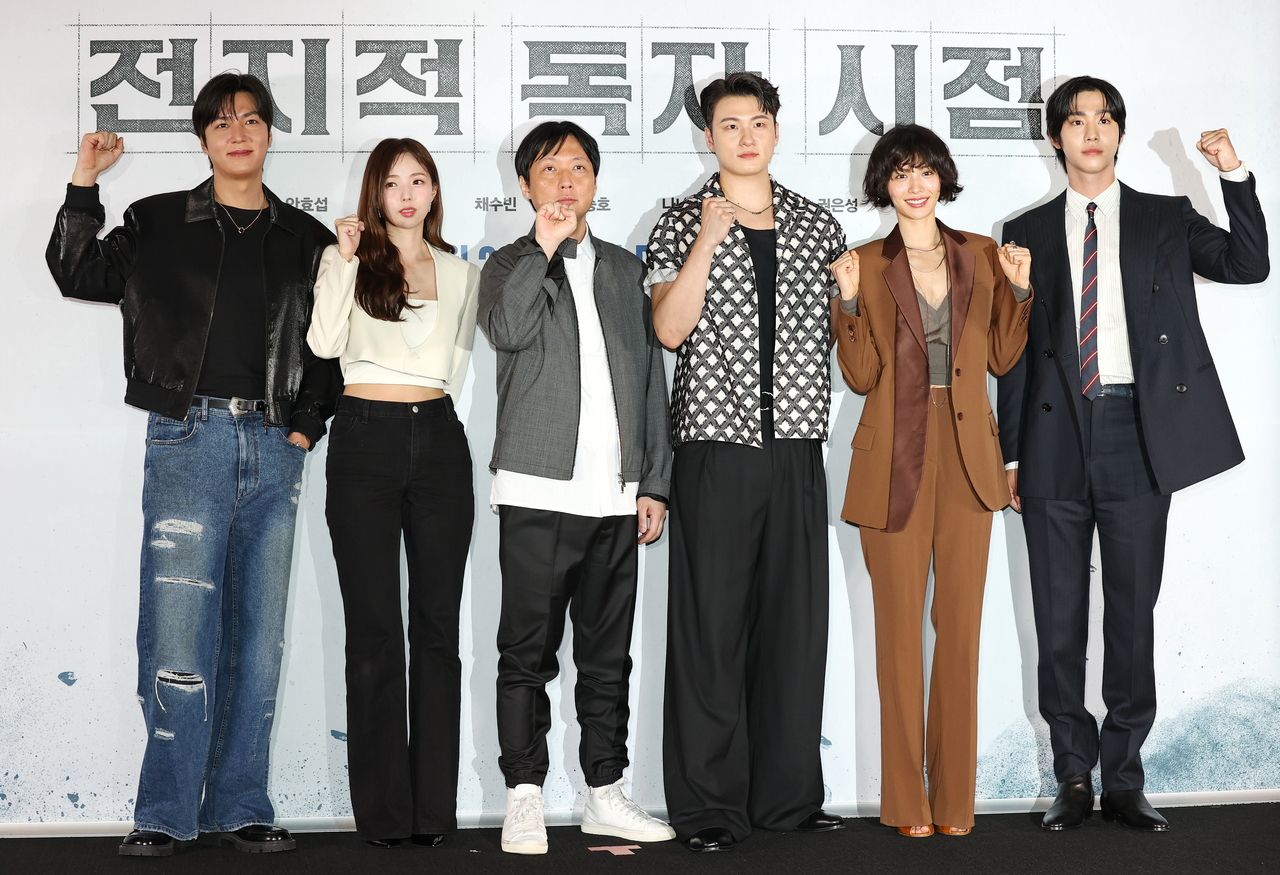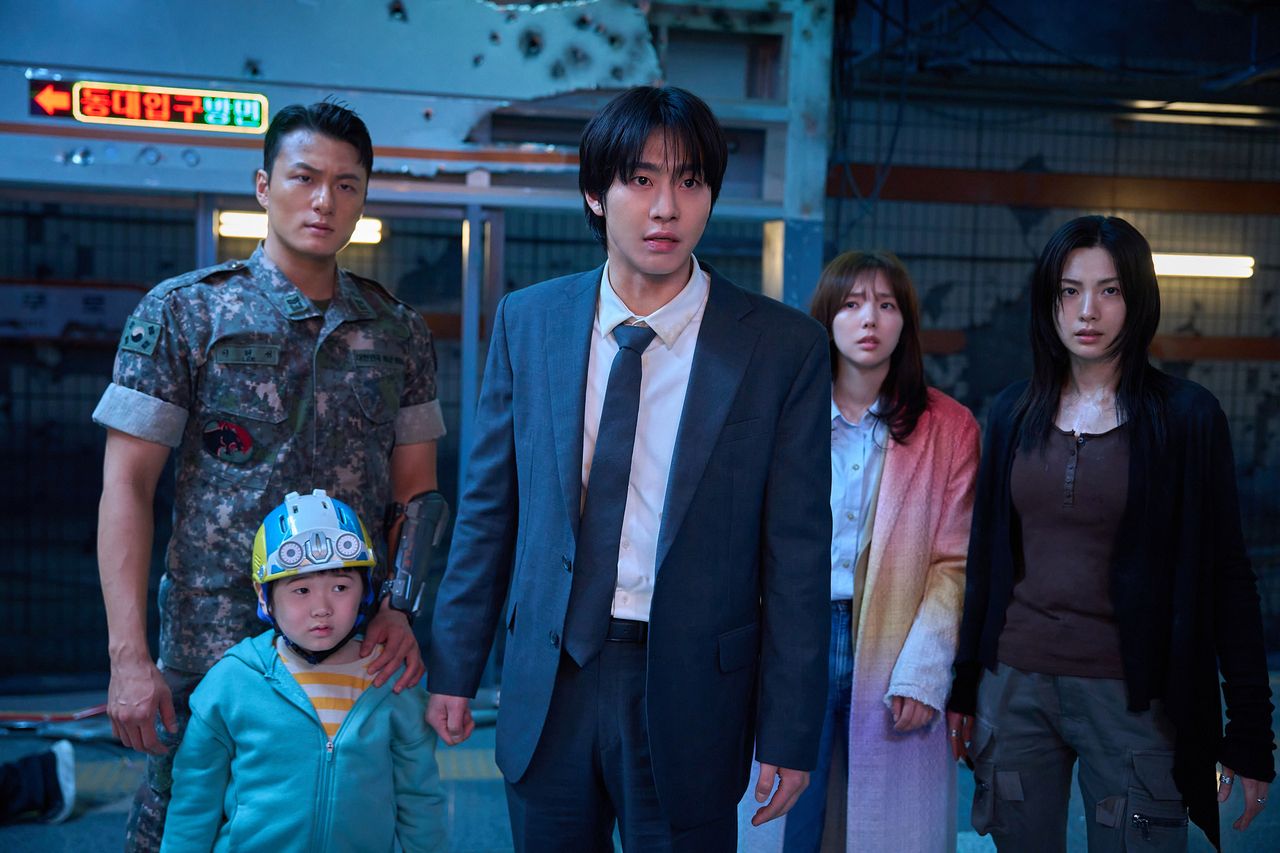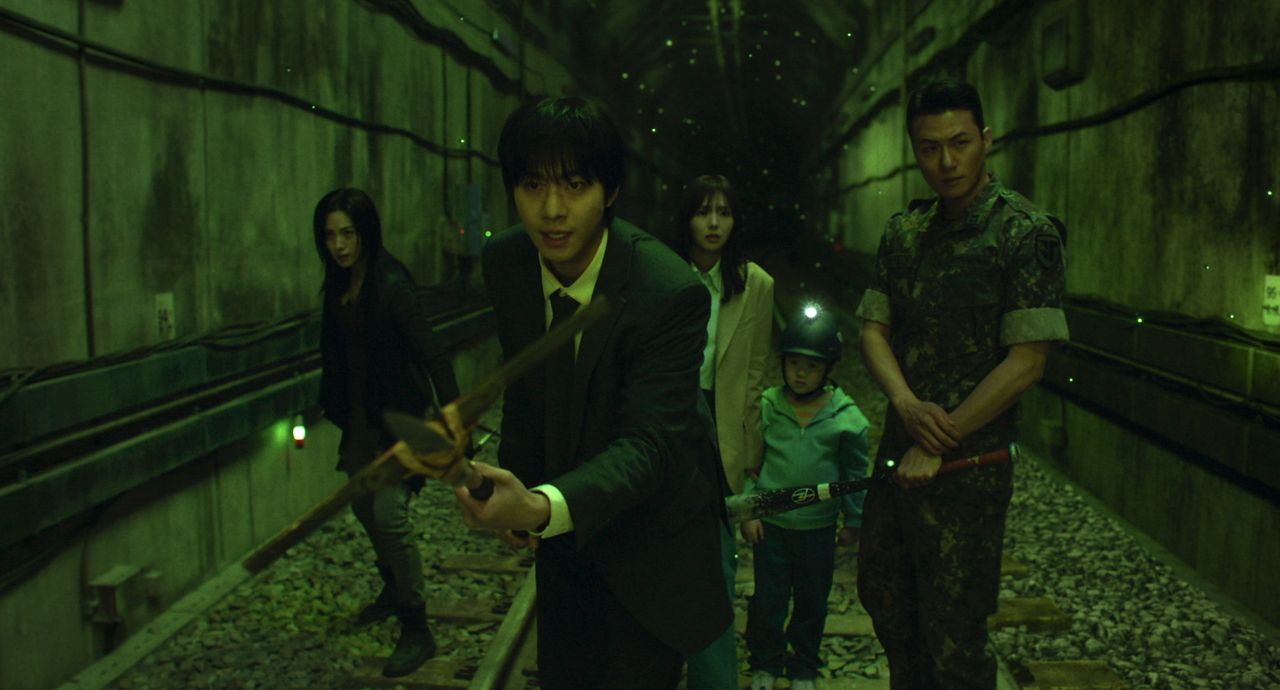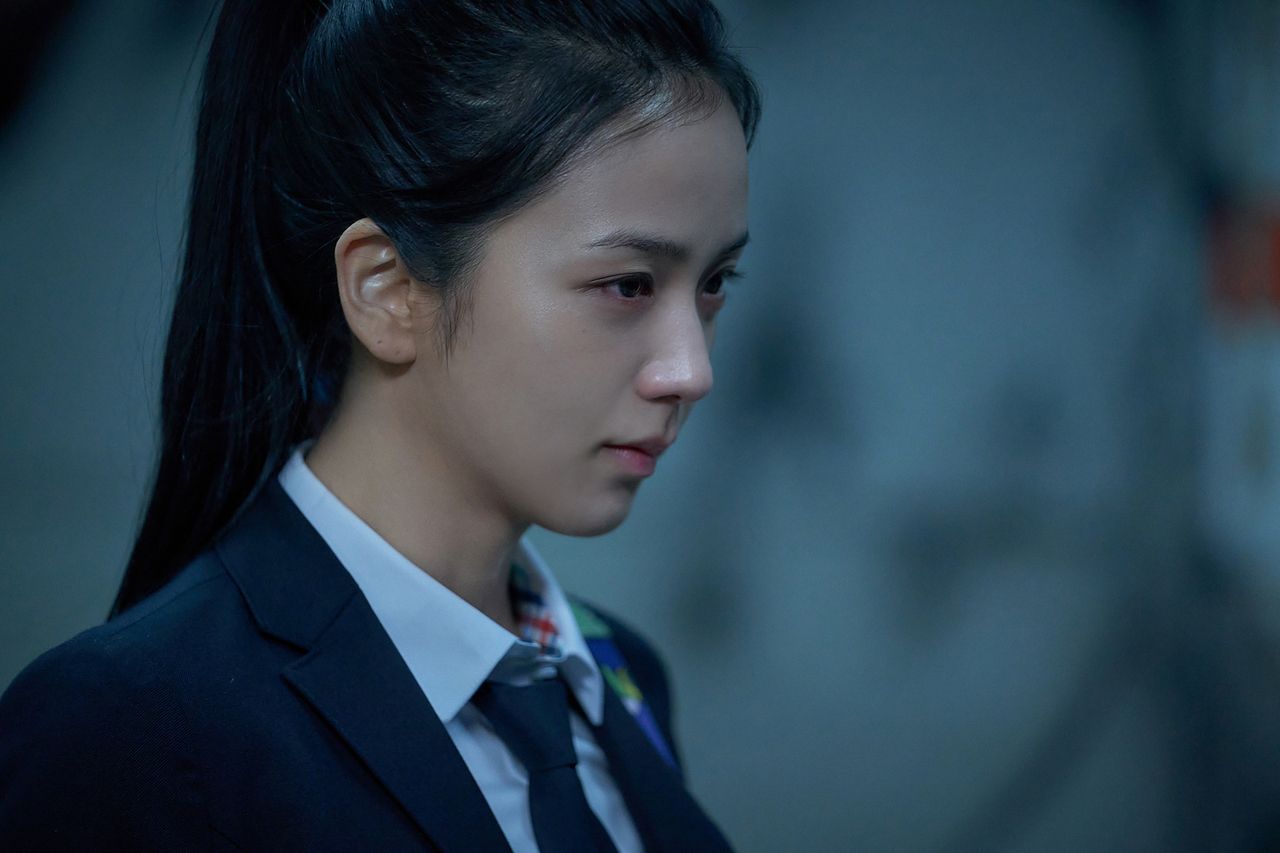 Honestly, I’m quite desperate. Please help us out here.” Director Kim Byung-woo’s closing plea at Tuesday’s press conference for “Omniscient Reader: The Prophet” at Megabox Coex carried more weight than your typical promotional spiel.
Honestly, I’m quite desperate. Please help us out here.” Director Kim Byung-woo’s closing plea at Tuesday’s press conference for “Omniscient Reader: The Prophet” at Megabox Coex carried more weight than your typical promotional spiel.
With a reported 30 billion KRW ($22 million) production budget requiring at least 6 million admissions to break even, Kim has every reason to sweat. In a year where theaters are experiencing their worst slump in decades, with “Mission: Impossible” barely scraping 3.39 million tickets, that’s one hell of a mountain to climb.
“We’re acutely aware of the current theater landscape,” Kim told reporters. “Through this film, we aimed to prove that thrilling movies still have a place on the big screen — that was the sincere hope I shared with the cast.”
The film arrives bearing the weight of its source material — the web novel “Omniscient Reader’s Viewpoint” launched in 2018, which later spawned a webtoon that has racked up over 425 million views worldwide. It has the kind of built-in fanbase that seemingly guarantees success, but beloved IP can be a double-edged sword.
On one side stands an army of superfans ready to dissect every adaptation choice; on the other, newcomers who need convincing that a story about the apocalypse morphing into a real-life RPG — complete with floating inventory screens, mission alerts and mysterious cosmic entities betting on human survival — is worth their time and money.
 The star-studded cast at Tuesday’s Megabox event clearly felt that pressure.
The star-studded cast at Tuesday’s Megabox event clearly felt that pressure.
“When I first got the script, I had no clue the original was this massive,” said Ahn Hyo-seop, fresh off voicing Jinu in Netflix’s “KPop Demon Hunters.” Playing protagonist Kim Dok-ja, he emphasized sticking to the basics: “All I could do was stay true to the script, collaborate closely with the director and my co-stars, and give 110% every day on set.”
Lee Min-ho, tackling the role of mythic regressor Yoo Joong-hyuk — a hero trapped in endless apocalyptic loops — acknowledged the challenge of sky-high expectations. “When adapting a beloved IP, the key is capturing the original’s emotional core while bringing your own spin,” he said. “I see this as a chance to showcase Korean content to an even broader global audience.”
Director Kim detailed his approach to bridging the gap between die-hard fans and newcomers through extensive test screenings and feedback sessions. He also ditched handheld camerawork entirely, opting for meticulous storyboarding to create what he hoped would be a more immersive visual experience. “I wanted to break free from my usual conventions,” he explained.
His advice to potential viewers? “Just hop on that subway car. We’ll take care of the rest.”
Unfortunately, that particular train never leaves the station. While Kim’s stated goal was to balance popcorn thrills with grounded social commentary, “Omniscient Reader” achieves neither with any real conviction.
As a blockbuster, it underwhelms at every turn. The action sequences, rather than showcasing apocalyptic grandeur, feel oddly small-scale — mostly one-on-one skirmishes that could’ve been staged in any old warehouse. And for a film about world-ending catastrophe, why does nearly every battle unfold in dingy subway tunnels?
 The monster designs veer into unintentional comedy. Our heroes face off against oversized praying mantises, serpentine sea beasts, and what can only be described as ‘roided-out demons sporting plastic textures that barely passed quality control. The crown jewel of this menagerie might be the Dokkaebi — the floating in-game guide that oversees the deadly scenarios and serves as Dok-ja’s ad-hoc adviser. It looks like nothing so much as a Michelin Man stress toy and yaps endlessly in helium-pitched squeaks.
The monster designs veer into unintentional comedy. Our heroes face off against oversized praying mantises, serpentine sea beasts, and what can only be described as ‘roided-out demons sporting plastic textures that barely passed quality control. The crown jewel of this menagerie might be the Dokkaebi — the floating in-game guide that oversees the deadly scenarios and serves as Dok-ja’s ad-hoc adviser. It looks like nothing so much as a Michelin Man stress toy and yaps endlessly in helium-pitched squeaks.
The premise here demands some serious world-building: everyday life suddenly gamified, with floating stat screens and cosmic entities running humanity through deadly scenarios as intergalactic entertainment. But the film takes a bizarrely disinterested approach, sidestepping the crucial task of making its universe remotely comprehensible.
Instead of carefully establishing the game’s core concepts, the film hurls exposition at bewildered viewers through Dok-ja’s endless monologues, with jargon like “scenarios” and “constellations” whizzing by without context.
Where the director seems to have invested real energy is in heavy-handed moralizing about humanity’s descent into savagery during crises and the redemptive power of community. Brace yourselves for some serious melodrama — villains are cardboard cutouts of pure evil, while heroes spout platitudes about the human spirit through tears and swelling orchestral scores.
 Critics have already begun panning Jisoo’s performance as gun-slinging warrior Ji-hye, but singling her out seems unfair when wooden delivery plagues the entire cast. The real culprit appears to be a screenplay that sounds like anime dialogue run through ChatGPT. Even seasoned actors can’t help but flounder when forced to deliver lines about “attribute windows” and “regression cycles” with a straight face.
Critics have already begun panning Jisoo’s performance as gun-slinging warrior Ji-hye, but singling her out seems unfair when wooden delivery plagues the entire cast. The real culprit appears to be a screenplay that sounds like anime dialogue run through ChatGPT. Even seasoned actors can’t help but flounder when forced to deliver lines about “attribute windows” and “regression cycles” with a straight face.
This summer’s most hyped tentpole looks destined to become its biggest letdown: a cautionary tale about what happens when buzz outpaces execution.
“Omniscient Reader: The Prophet” opens in theaters July 23.










Most Commented